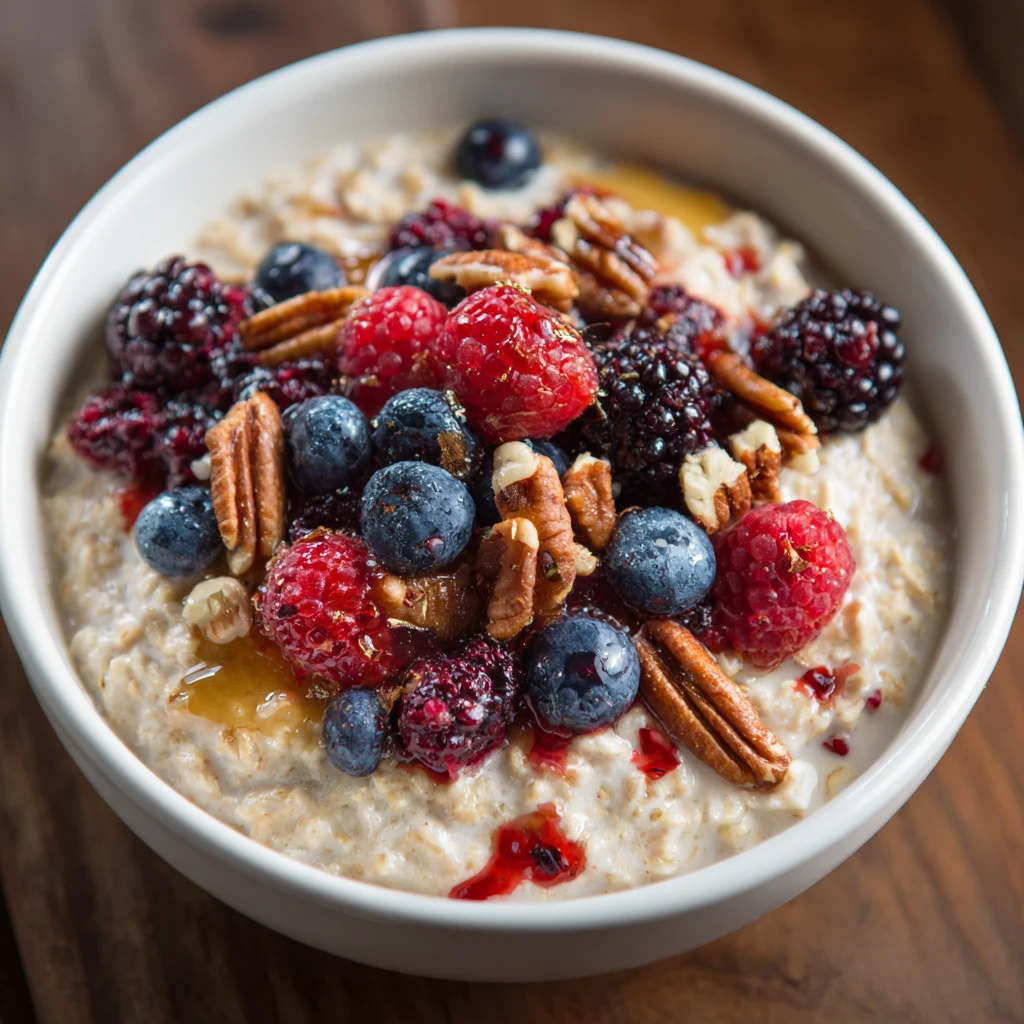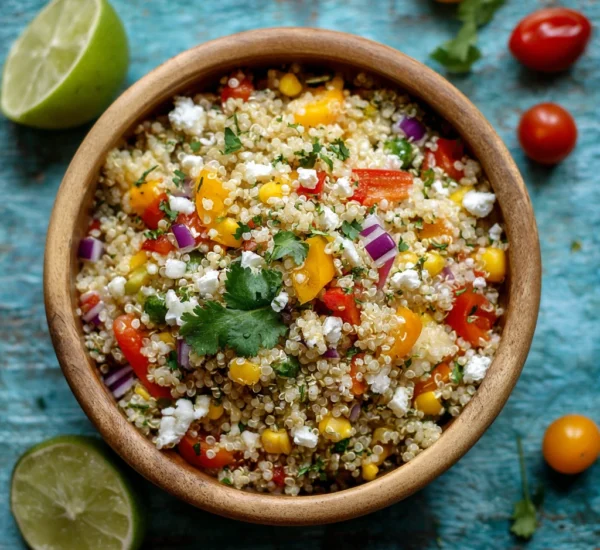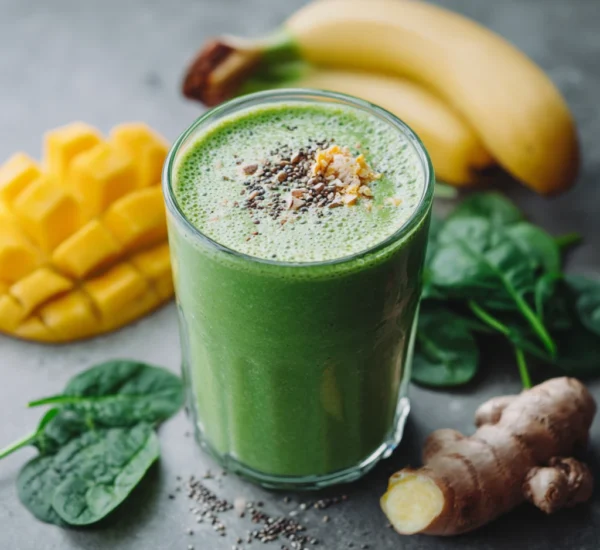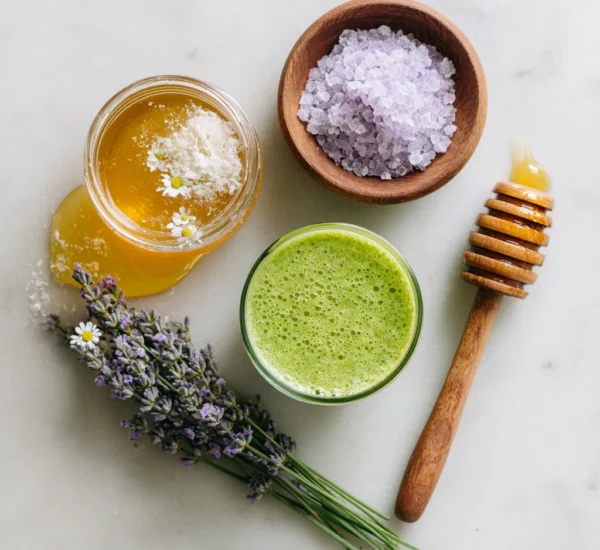Foods That Bring Comfort and Calm
In our increasingly fast-paced and stressful world, finding moments of calm and comfort is more important than ever. While various strategies can help manage stress, including mindfulness, exercise, and spending time in nature, the foods we consume can also play a significant role in promoting relaxation and emotional well-being. This article explores foods that have properties that can contribute to a sense of comfort and calm, helping you nourish both your body and mind.
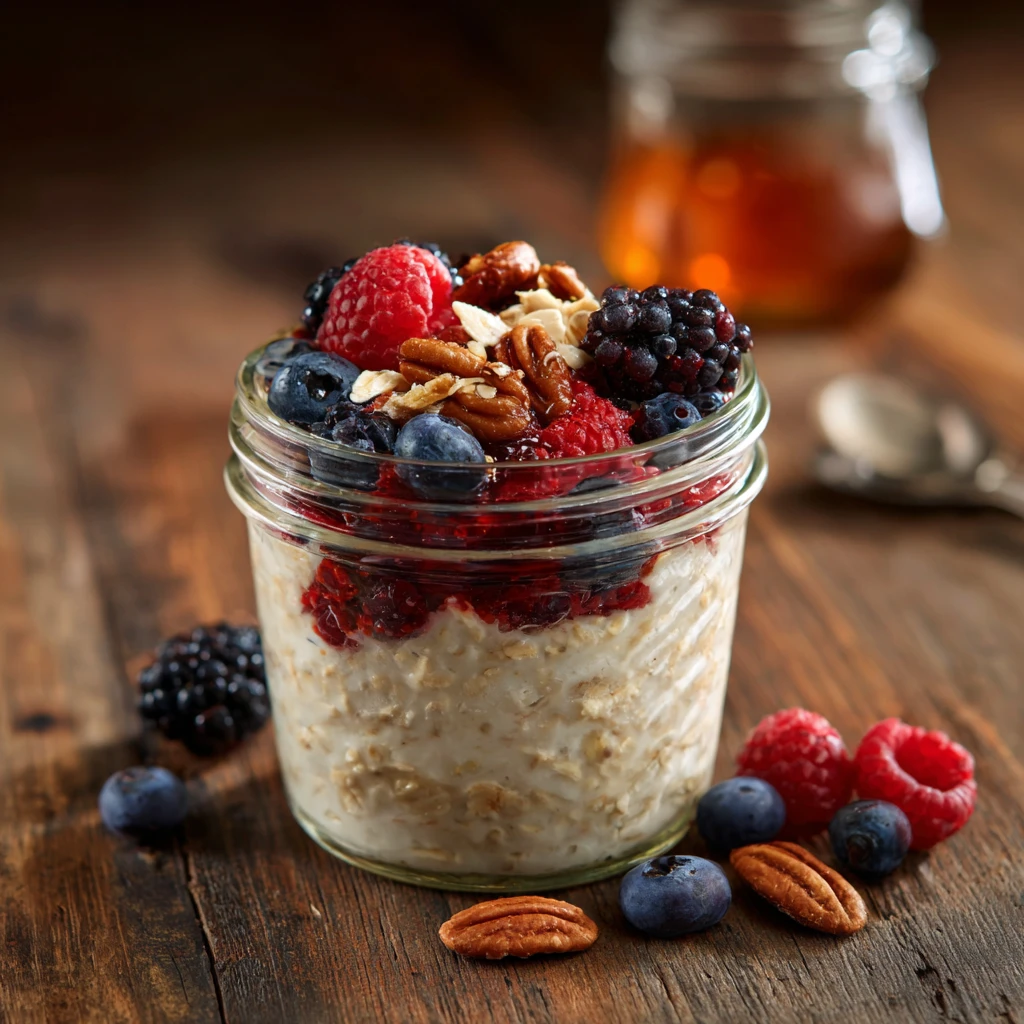
The Science Behind Comfort Foods
The connection between food and mood is complex, involving various physiological and psychological factors. Certain foods can influence neurotransmitter production in the brain, such as serotonin, dopamine, and endorphins, which are associated with feelings of happiness, pleasure, and relaxation. For example, carbohydrates can increase serotonin levels, explaining why many people crave carbohydrate-rich foods when feeling stressed or down.
Furthermore, the act of eating itself can be comforting. The sensory experience of tasting and savoring delicious food can trigger memories and emotions associated with positive experiences. Familiar foods, often associated with childhood or special occasions, can evoke feelings of nostalgia and security.
Finally, the gut-brain axis plays a crucial role. The gut microbiome, a complex ecosystem of bacteria residing in our digestive system, communicates with the brain through various pathways. A healthy gut microbiome can positively influence mood and reduce anxiety, while an imbalance can contribute to stress and mental health issues. Therefore, consuming foods that promote a healthy gut is essential for overall well-being.
Foods for Soothing the Soul
Several foods possess properties that can promote relaxation, reduce anxiety, and enhance mood. Incorporating these foods into your diet can be a simple yet effective way to cultivate a sense of calm and comfort.
Carbohydrates
As mentioned earlier, carbohydrates can increase serotonin levels, leading to feelings of relaxation and well-being. However, it’s important to choose complex carbohydrates over refined ones. Complex carbohydrates, such as whole grains, fruits, and vegetables, provide a sustained release of energy and prevent blood sugar spikes that can lead to mood swings.
- Oatmeal: A warm bowl of oatmeal is a classic comfort food that is rich in fiber and complex carbohydrates. It can help stabilize blood sugar levels, promoting a sense of calm and focus.
- Sweet Potatoes: These vibrant vegetables are packed with nutrients and provide a healthy dose of complex carbohydrates. They are also rich in potassium, which can help regulate blood pressure.
- Bananas: A convenient and portable snack, bananas are a good source of potassium, magnesium, and vitamin B6, all of which can contribute to relaxation.
Protein
While carbohydrates can boost serotonin levels, protein is essential for producing dopamine and norepinephrine, neurotransmitters associated with alertness, motivation, and focus. Including protein in your meals can help stabilize blood sugar levels and prevent energy crashes.
- Turkey: Contains tryptophan, an amino acid that the body converts into serotonin and melatonin, both of which promote relaxation and sleep.
- Eggs: Eggs are a complete protein source, meaning they contain all nine essential amino acids. They are also rich in choline, a nutrient that is important for brain health.
- Nuts and Seeds: Almonds, walnuts, pumpkin seeds, and sunflower seeds are excellent sources of protein, healthy fats, and minerals like magnesium, which can help reduce anxiety.
Healthy Fats
Healthy fats, particularly omega-3 fatty acids, are crucial for brain health and can help reduce inflammation, which is linked to mood disorders.
- Avocados: Creamy and delicious, avocados are packed with healthy monounsaturated fats, fiber, and potassium. They can help stabilize blood sugar levels and promote feelings of satiety.
- Fatty Fish: Salmon, tuna, and mackerel are rich in omega-3 fatty acids, which have been shown to improve mood and reduce anxiety.
- Olive Oil: A staple of the Mediterranean diet, olive oil is rich in antioxidants and healthy monounsaturated fats. It can help protect the brain from damage and reduce inflammation.
Probiotic-Rich Foods
As the gut-brain axis plays a significant role in mood regulation, consuming probiotic-rich foods can help promote a healthy gut microbiome and improve overall well-being.
- Yogurt: Look for yogurt with live and active cultures. Probiotics in yogurt can help improve digestion and reduce anxiety.
- Kefir: A fermented milk drink similar to yogurt, kefir is even richer in probiotics.
- Sauerkraut: Fermented cabbage is a tangy and flavorful source of probiotics.
Other Comforting Nutrients
Beyond macronutrients and probiotics, certain vitamins and minerals can also play a role in promoting calm and comfort.
- Magnesium: This mineral is involved in hundreds of bodily functions, including regulating mood and reducing anxiety. Foods rich in magnesium include leafy green vegetables, nuts, seeds, and dark chocolate.
- Vitamin D: Vitamin D deficiency has been linked to depression and anxiety. While sunshine is the best source of vitamin D, it can also be found in fatty fish, egg yolks, and fortified foods.
- Dark Chocolate: A small amount of dark chocolate (70% cacao or higher) can stimulate endorphin production and provide a sense of pleasure. It also contains antioxidants that can protect the brain from damage.
Recipes for Comfort and Calm
Here are a few simple and delicious recipes that incorporate the foods discussed above to help you create meals that promote relaxation and emotional well-being.
Warm Oatmeal with Berries and Nuts
Ingredients:
- 1/2 cup rolled oats
- 1 cup water or milk (dairy or non-dairy)
- 1/4 cup mixed berries (fresh or frozen)
- 1 tablespoon chopped nuts (almonds, walnuts, or pecans)
- 1 teaspoon honey or maple syrup (optional)
Instructions:
1. Combine oats and water or milk in a saucepan.
2. Bring to a boil, then reduce heat and simmer for 5-7 minutes, or until oats are cooked through.
3. Stir in berries and nuts.
4. Drizzle with honey or maple syrup, if desired.
Avocado Toast with Egg
Ingredients:
- 1 slice whole-grain toast
- 1/2 avocado, mashed
- 1 egg, cooked to your preference (scrambled, poached, or fried)
- Salt and pepper to taste
- Optional toppings: red pepper flakes, everything bagel seasoning, or a sprinkle of feta cheese
Instructions:
1. Toast the bread.
2. Spread mashed avocado on the toast.
3. Top with the cooked egg.
4. Season with salt and pepper.
5. Add optional toppings, if desired.
Salmon with Roasted Sweet Potatoes and Asparagus
Ingredients:
- 4 salmon fillets
- 2 sweet potatoes, peeled and cubed
- 1 bunch asparagus, trimmed
- 2 tablespoons olive oil
- Salt and pepper to taste
- Lemon wedges for serving
Instructions:
1. Preheat oven to 400°F (200°C).
2. Toss sweet potatoes and asparagus with olive oil, salt, and pepper.
3. Spread vegetables in a single layer on a baking sheet.
4. Place salmon fillets on the baking sheet alongside the vegetables.
5. Bake for 15-20 minutes, or until salmon is cooked through and vegetables are tender.
6. Serve with lemon wedges.
Tips for Mindful Eating
In addition to choosing the right foods, practicing mindful eating can further enhance the calming and comforting effects of your meals. Mindful eating involves paying attention to the present moment while eating, savoring each bite, and noticing the sensations of taste, smell, and texture.
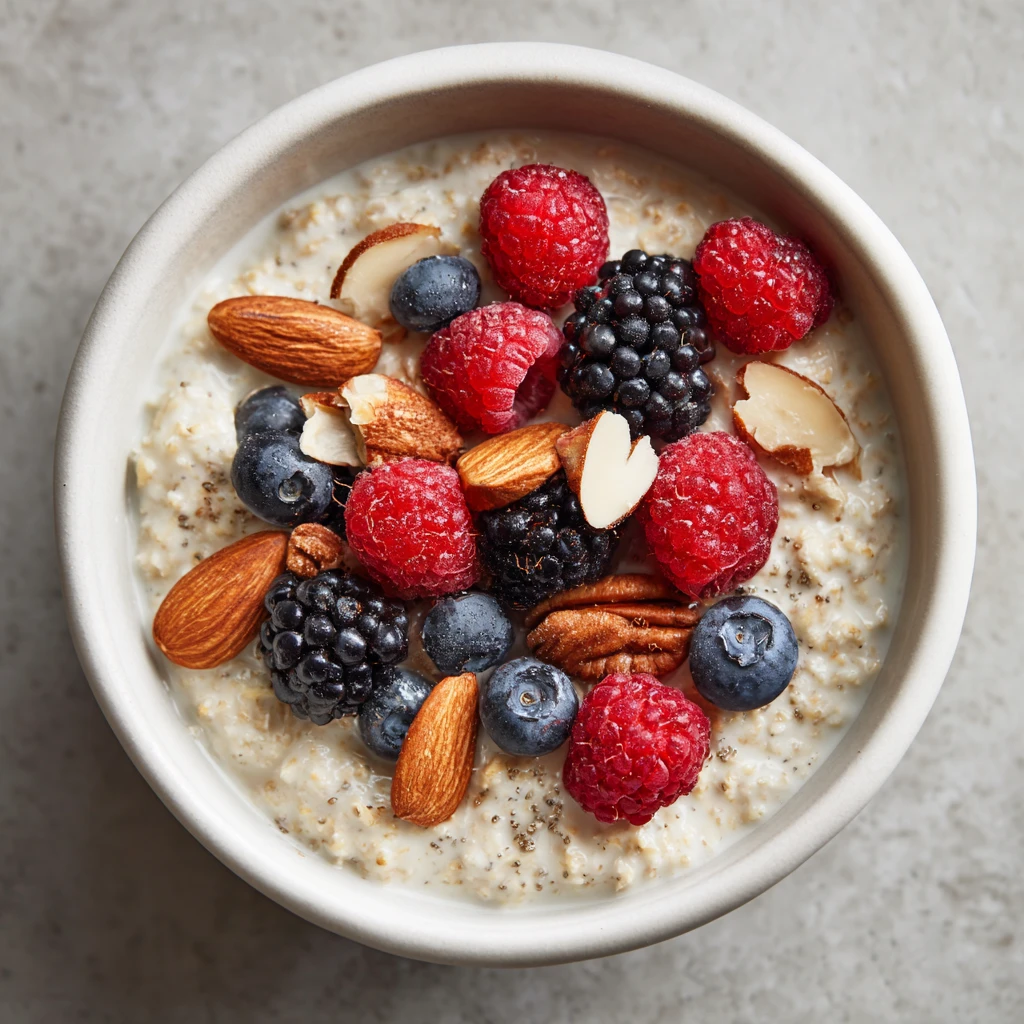
- Eliminate Distractions: Turn off the TV, put away your phone, and create a calm and quiet environment for eating.
- Chew Slowly and Thoroughly: Take small bites and chew your food thoroughly before swallowing.
- Engage Your Senses: Pay attention to the colors, aromas, and textures of your food.
- Listen to Your Body: Eat when you are hungry and stop when you are full. Avoid overeating.
- Practice Gratitude: Take a moment to appreciate the food you are eating and the effort that went into preparing it.
Frequently Asked Questions (FAQ)
Q: Can comfort food actually improve my mood?
A: Yes, certain comfort foods can improve your mood due to their effects on neurotransmitters like serotonin and dopamine, as well as their association with positive memories and emotions. However, it’s important to choose healthy comfort foods over processed or sugary options.
Q: Are there specific foods to avoid when feeling stressed?
A: Yes, avoid processed foods, sugary drinks, excessive caffeine, and alcohol, as these can exacerbate stress and anxiety. Focus on whole, unprocessed foods that provide sustained energy and support a healthy gut microbiome.
Q: How long does it take for food to affect my mood?
A: The effects of food on mood can vary depending on the individual and the type of food consumed. Some foods, like those high in sugar, may provide a temporary mood boost followed by a crash. Other foods, like those rich in omega-3 fatty acids, may have a more gradual and sustained effect on mood.
Q: Is it okay to indulge in comfort food occasionally, even if it's not healthy?
A: Yes, it’s perfectly fine to indulge in your favorite comfort foods occasionally. The key is to practice moderation and balance. Focus on incorporating healthy foods into your diet most of the time and allow yourself to enjoy less healthy options in small amounts as a treat.
Q: Can food allergies or intolerances affect my mood?
A: Yes, food allergies or intolerances can contribute to mood disturbances, such as anxiety and depression. If you suspect you may have a food allergy or intolerance, consult with a doctor or registered dietitian for testing and guidance.
Q: Can herbal teas help with relaxation?
A: Yes, certain herbal teas like chamomile, lavender, and peppermint have calming properties and can help promote relaxation.
By incorporating these foods and practices into your daily routine, you can create a more nurturing and calming environment for yourself, fostering a sense of comfort and well-being. Remember that food is just one piece of the puzzle, and it’s important to address other aspects of your life that may be contributing to stress and anxiety.
